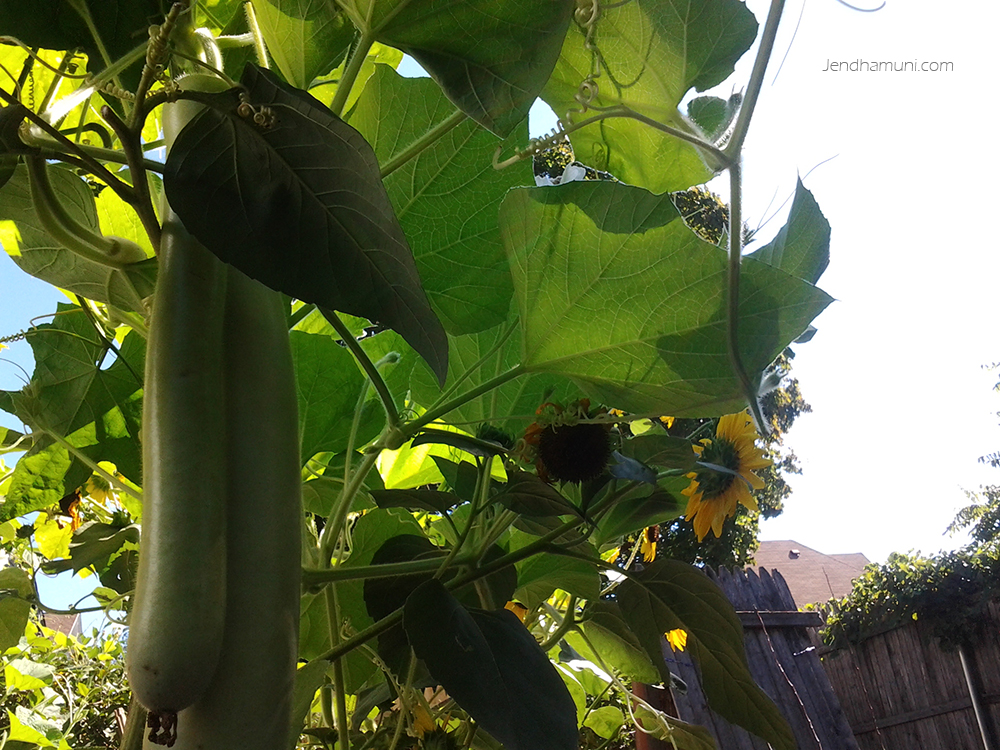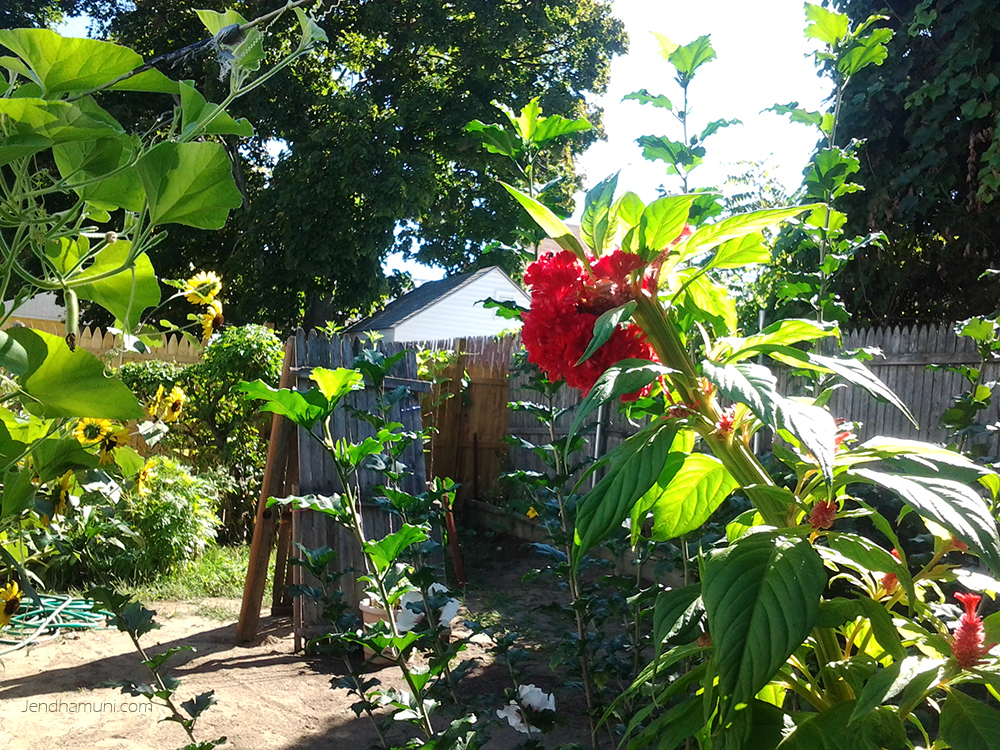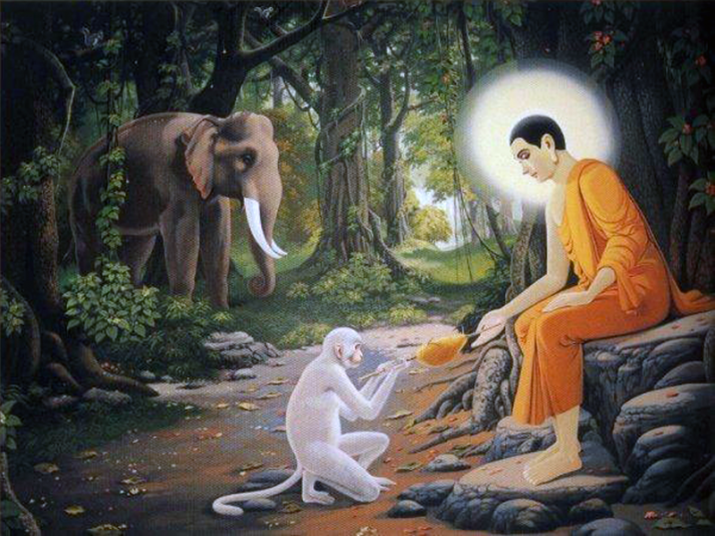The Story of Thera Sariputta

Verse 11: They take untruth for truth; they take truth for untruth; such persons can never arrive at the truth, for they hold wrong views.
Verse 12: They take truth for truth; they take untruth for untruth; such persons arrive at the truth, for they hold right views.
1. asare: lit., essenceless; according to the Commentary, wrong view, i.e., untruth.
2. sare: lit., essence; according to the Commentary, right view, i.e. , truth.
3. siram: Truth According to the Commentary, essence of the Dhamma. The essence of the Dhamma comprises sila (moral precepts or morality), samadhi (concentration), panna (knowledge), vimutti (liberation), vimutti-nanadasasana (Knowledge of and Insight into liberation), haramattha (ultimate truth) and Nibbana.
While residing at Veluvana, the Bamboo Grove monastery in Rajagaha, the Buddha uttered Verses (11) and (12) of this book, with reference to Sanjaya, a former teacher of the Chief Disciples, the Venerable Sariputta and the Venerable Moggallana (formerly Upatissa and Kolita).
Upatissa and Kolita were two youths from Upatissa and Kolita, two villages near Rajagaha. While looking at a show they realized the insubstantiality of things and they decided to search for the way to liberation. First, they approached Sanjaya. The wandering ascetic at Rajagaha, but they were not satisfied with his teachings. So they went all over Jambudipa and came back to their native place, after searching for, but not finding the true dhamma. At this point they came to an understanding that one who found the true dhamma should inform the other.
One day, Upatissa came across Thera Assaji and learned from him the substance of the dhamma. The thera uttered the verse beginning with “Ye dhamma hetuppabhava”, meaning, “those phenomena which proceed from a cause”. Listening to the verse, Upatissa became established in the Sotapatti Magga and Phala. Then, as promised, he went to his friend Kolita, explained to him that he, Upatissa, had attained the state of Deathlessness and repeated the verse to his friend. Kolita also become established in Sotapatti Fruition at the end of the verse. They both remembered their former teacher and so went to Sanjaya and said to him, “We have found one who could point out the Path to Deathlesseness; the Buddha has appeared in the world; the Dhamma has appeared; the Sangha has appeared… Come, let us go to the Teacher.” They had hoped that their former teacher would go along with them to the Buddha and by listening to the discourses he, too, would come to realize Magga and Phala. But Sanjaya refused.
So Upatissa and Kolita, with two hundred and fifty followers, went to the Buddha, at Veluvana. There, they were initiated and admitted into the Order as bhikkhus. Upatissa as son of Rupasari became known as Thera Sariputta; Kolita as son of Moggali became known as Thera Maha Moggallana. On the seventh day after the initiation Maha Moggallana attained Arahatship. Thera Sariputta achieved the same a fortnight after initiation. On that day, the Buddha made them his two Chief Disciples (Agga-Savaka).
The two Chief Disciples then related to the Buddha how they went to the Giragga festival, the meeting with Thera Assaji and their attainment of Sotapatti Fruition. They also told the Buddha about their former teacher Sanjaya, who refused to accompany them. Sanjaya had said, “Having been a teacher to so many pupils, for me to become his pupil would be like a jar turning into a drinking cup. Besides, only few people are wise and the majority are foolish; let the wise go to the wise Gotama, the foolish would still come to me. Go your way, my pupils.”
Thus, as the Buddha pointed out, Sanjaya’s false pride was preventing him from seeing truth as truth; he was seeing untruth as truth and would never arrive at the real truth.
Then the Buddha spoke in verse as follows:
Verse 11: They take untruth for truth; they take truth for untruth; such persons can never arrive at the truth, for they hold wrong views.
Verse 12: They take truth for truth; they take untruth for untruth; such persons arrive at the truth, for they hold right views. At the end of the discourse, many people came to be established in Sotapatti Fruition.
At the end of the discourse, many people came to be established in Sotapatti Fruition.
Dhammapada Verses 11 and 12
Sariputtatthera Vatthu
Asare1saramatino
sare2casaradassino
te saram3 nadhigacchanti
micchasankappagocara.
Saranca sarato natva
asaranca adhigacchanti
te saram adhigacchanti
sammasankappagocara.
Source: Tipitaka

















